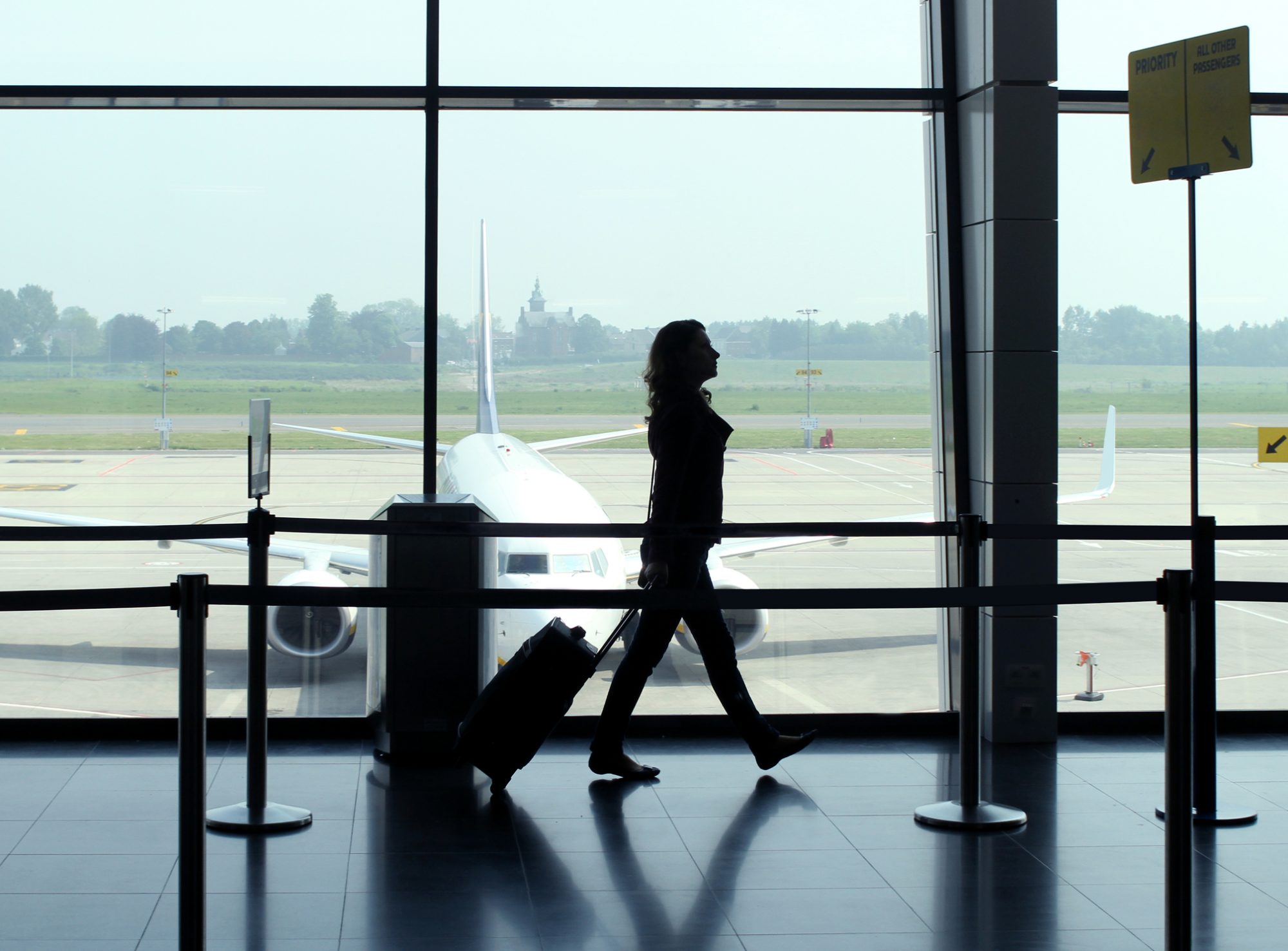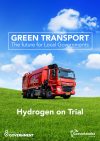Dr Susanne Etti, global environmental impact manager at Intrepid Travel, attended COP27 – here are her reflections on what’s been achieved, what’s failed, and where travel emissions go from here
Last month, I arrived in Sharm El-Sheikh, Egypt to attend my first COP – it’s been an emotional experience, filled with hope, energy and new connections, but also some despair and anxiety for the future. Now that COP has officially closed, I’m reflecting on the outcomes and the role of tourism and travel emissions.
1. How does travel transition away from fossil fuels?
COP27 highlighted a lack of ambition for a 1.5°C future.
Last year at COP26 in Glasgow, there was an ambition to include a commitment to phase down all fossil fuels, however, this was not achieved. With that in mind, considering travel emissions in the tourism sector, how is tourism phasing out the burning of fossil fuel when transport plays such an important role?
Travel and tourism currently contribute between eight and eleven per cent of global greenhouse emissions. And even with the commitments re-affirmed at COP27, the world remains on track to exceed a 2.7°C future. There is also a lack of ambition for 1.5°C, which represents a bleak future for humanity.
The challenge is to transition transportation away from fossil fuels. We know that some sectors, like aviation, are going to take longer to transition, which is why we need to see rapid investment and innovation in other sectors, such as ground transportation, accommodation and more. It’s a challenge that we at Intrepid are actively addressing by continuing to remove some short-haul flights from itineraries, using e-vehicles for airport transfers in Sri Lanka and Jordan, and creating more human-powered trips involving walking or cycling. All of this contributes to our rapid decarbonisation efforts as we work towards a 1.5°C future.
If you aren’t already planning for a fossil fuel transition in your business, now is the time to start.
2. Where’s the action, beyond the words for travel emissions?
I met many inspirational colleagues at COP27, however, we all agree that climate change won’t be solved in a conference room – action is required on the ground.
As of this month, more than 750 organisations had signed up to Glasgow Declaration on Climate Change in Tourism. Signatories commit to halving carbon emissions by 2030 and reaching net zero by 2050.
While many organisations have stepped up and committed, there are still some key sub-sectors and players that have not. Added to that is the fact that only about 30 tourism companies have a verified science-based carbon emissions target, which supports corporate decarbonisation.
How can these sectors increase their ambition and how can those who have committed truly accelerate their action?
One year on from Glasgow, we need to see more ambitious climate action plans from current signatories. Without clear roadmaps, we have no chance of remaining in the 1.5°C limit.
Because climate action must happen on all levels – businesses and Boards needs to show up and engage in these difficult discussions. The sidelines are no place to be and it is negligent to pretend you don’t have a responsibility to show up on some level. For Intrepid, that means implementing our seven-point climate action plan and ensuring our growth is in line with our science-based emissions targets.
3. How does tourism meaningfully contribute to loss and damage?
Tourism must consider risk mitigation, how to support destinations and communities impacted by extreme weather and invest in nature-based climate change solutions, such as Blue Carbon.
A major outcome of COP27 is that the world has finally reached an agreement on a loss and damage fund to financially assist low-income countries to help pay for damage caused by climate change-triggered environmental disasters.
Now comes the difficult part – the fund must be set up and filled with cash.
For travel emissions, the commitment to a global loss and damage fund is significant. Many of travel and tourism’s most popular destinations are in the ‘Global South’ – including Africa, Latin America, the Caribbean and the Pacific Islands. So what role can – or should – travel and tourism play?
It’s a question that Intrepid is thinking about – particularly around better understanding and mitigating risk, supporting destinations and communities and investing in research and nature-based solutions.
Despite all the criticism around corporate greenwashing, lack of action and inertia at COP27, it has still been an important two weeks with learnings to take away.
For travel, the challenge is now on implementation.
This piece was written and provided by Dr Susanne Etti, global environmental impact manager at Intrepid Travel.
Editor's Recommended Articles
-
Must Read >> COP27: Urban transformation and sustainable cities
-
Must Read >> COP27: Africa’s agenda for an energy transition































